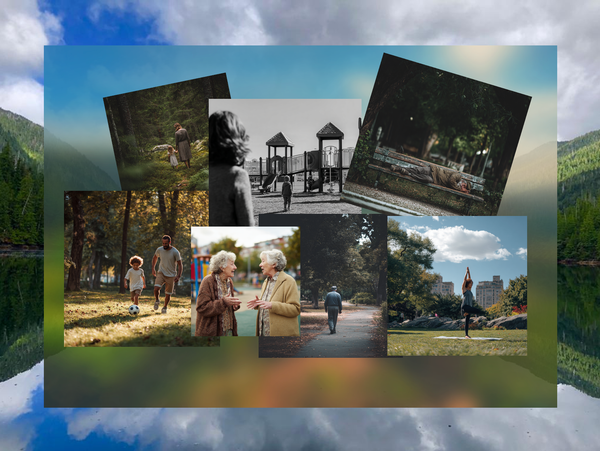Indigenous Ways of Knowing: Illuminating the Path in Coaching Towards Cultural Safety

Contributed by Carrie Lamb
In the dynamic world of coaching, creating a culturally safe space is not just a best practice—it is a prerequisite for meaningful and impactful client relationships. In the realm of coaching, creating a culturally safe space is not only an ethical imperative but a fundamental aspect of fostering meaningful connections with those we serve in a coaching capacity. For coaches working with Indigenous Peoples, the journey toward cultural safety requires a nuanced understanding, respect for diverse traditions, and a commitment to decolonizing coaching practices. Coaches can take steps towards allyship through ongoing learning on how to be culturally safe, inclusive, and ensuring that coaching relationships with Indigenous clients are built on a foundation of respect, understanding, and empowerment. Let us explore some helpful tips that you may want to consider in your coaching practice. Cultivate Cultural Competence Begin by establishing the importance to you regarding cultural safety in coaching. Contract with Indigenous clients on how this concept goes beyond mere acknowledgment for you. Evolve the active creation of an environment where clients feel respected, understood, and free from judgment. The Foundation of Cultural Competence This is not a program where you take a course, learn some stuff, get the certificate and you now are an expert on coaching Indigenous Peoples. It is important to be on an ongoing journey to pursue education, engage in cultural training, and develop a deep understanding of the various cultures and backgrounds your clients may bring to the coaching relationship. You do not have to know it all, just be willing to be corrected when a mistake occurs. Embracing Cultural Humility Understand the concept of cultural humility, emphasizing the importance of self-awareness and humility in recognizing your own biases and limitations. It is important that Coaches are adopting an attitude of continuous learning and openness to diverse cultural perspectives from their own. Fostering Open Communication Examine the critical role of open communication in creating a culturally safe coaching environment. Create a space where clients feel comfortable expressing their cultural perspectives, concerns, and expectations. Also know that not every Indigenous person is the same and not all Indigenous Peoples feel comfortable in openly discussing Indigenous issues. Recognizing Intersectionality Explore the concept of intersectionality and its relevance in coaching. Recognize the interconnected nature of clients’ identities, considering factors such as race, genocide, trauma, gender, and socioeconomic status, to provide more holistic space. Although many coaches are very firm on saying that these topics do not readily belong in the coaching space, these experiences are common for Indigenous Peoples. Addressing Power Dynamics Occasionally inherent power dynamics in coaching relationships can arise and coaches can navigate them responsibly. Coaches need to be mindful of their positions of influence and work to empower clients rather than perpetuate imbalances. A Future of Culturally Safe Coaching Being a culturally safe coach is transformative coaching. The ripple effects not only benefiting individual clients but contributing to a broader cultural shift within the coaching profession—one that is characterized by kindness, inclusivity, empathy, and genuine respect for the diverse tapestry of human experience.





